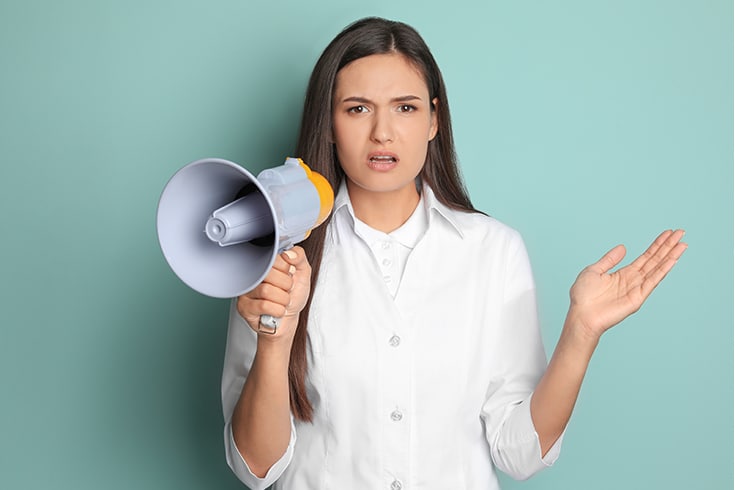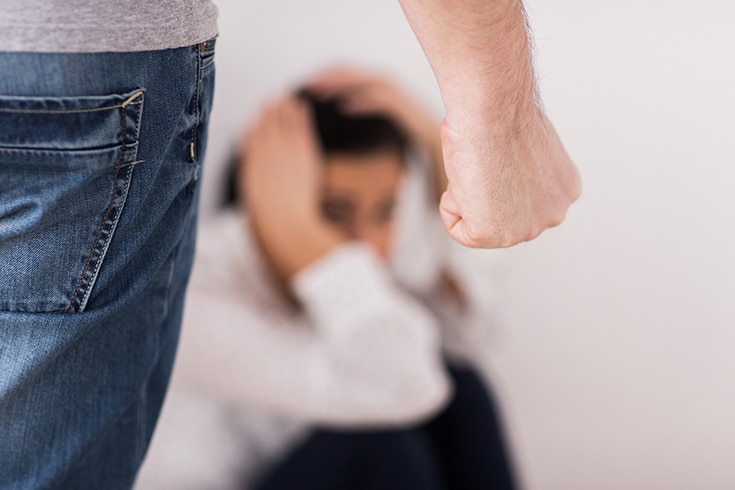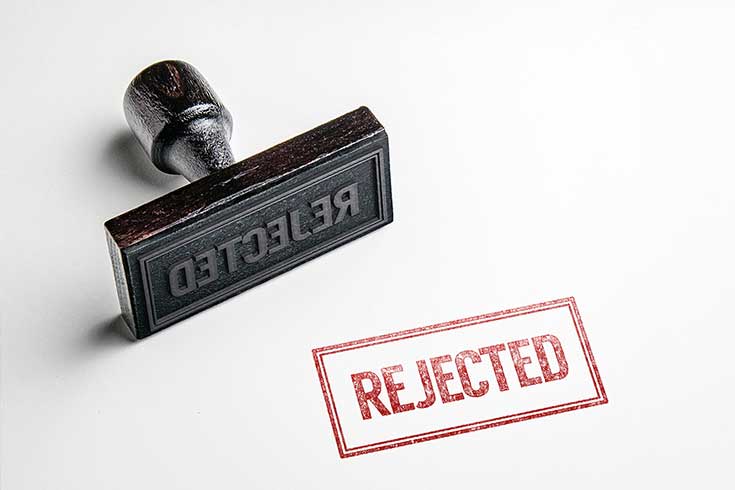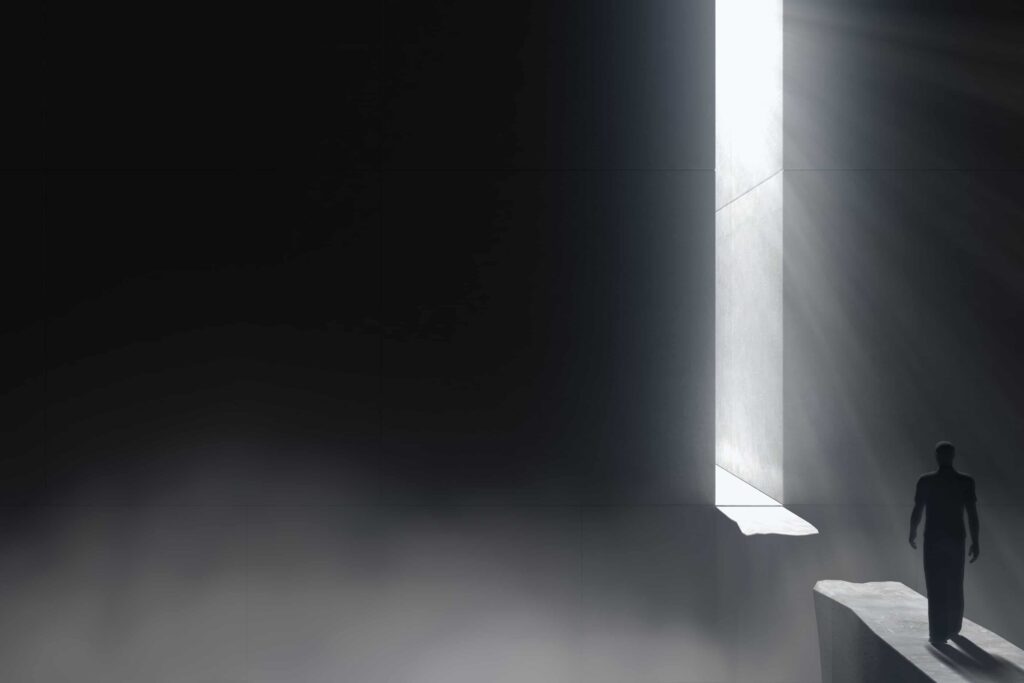What Should You Be Careful About When Posting 'Monomousu-kei' Videos? A Lawyer Explains Key Points of YouTube's Terms of Service

On YouTube, there is a growing popularity for “opinionated YouTubers” who express their views in a radical manner. When posting such opinionated videos, it is necessary to consider not only the law, but also the relationship with YouTube’s terms of use, to ensure there are no issues. Even if a video is legally compliant, it could potentially lead to problems such as video removal or account suspension if it violates the terms of use.
In this article, we will explain the points to be careful about when creating and distributing opinionated videos on YouTube.
Terms of Use for YouTube
There are, broadly speaking, three types of ‘terms’ that exist on YouTube.
- Terms of Use
- Community Guidelines
- Various Policies, etc.
The basic structure is that the Terms of Use are abstract, and the Community Guidelines and various policies, etc. are concrete interpretations of these terms. Even if something is ‘not illegal in the eyes of the law’, if it violates these terms, your video may be removed. Therefore, when posting, it is necessary to be mindful of these ‘terms’.
In this article, we will focus on explaining the Community Guidelines and various policies, etc.
https://monolith.law/youtuber-vtuber/entertainment-video-youtube-terms-of-use[ja]
Vulgar Expressions
Firstly, there is a policy regarding vulgar expressions in the community guidelines. This is the policy that needs to be most carefully observed in opinionated videos. Some words may be inappropriate for those under 18, so either age restrictions must be applied to the content, or the content must be removed.
Specifically, the following are taken into consideration:
- Explicit sexual expressions or use of narration
- Excessive use of offensive expressions within the video
- Use of extremely offensive expressions in the video title, thumbnail, and associated metadata
Therefore, the following types of content:
- Videos that focus on the use of offensive expressions, such as compilations or clips taken out of context
- Videos that depict road rage or prolonged verbal abuse, and use extremely offensive expressions
- Videos that capture violent confrontations with extremely offensive language flying around, or videos that use extremely offensive expressions to convey violence
must have age restrictions set. Reference: YouTube Policy/Vulgar Expression Policy[ja]
Since “offensive expressions” are not allowed, let’s avoid defamation, slander, and abusive language.
Nudity and Sexual Content
Explicit content intended to provide sexual gratification, content that sexually depicts minors, and content that sexually exploits minors is not permitted. Posting pornography may result in the content being removed or your channel being suspended.
Videos including fetishes may be removed or age-restricted, but violent, graphic, or insulting fetishes are generally not allowed.
Therefore,
- Depictions of genitals, breasts, and buttocks for the purpose of sexual gratification (regardless of whether they are clothed or unclothed)
- Any media (videos, text, audio, images, etc.) that depicts sexual acts, genitals, or fetishes for the purpose of pornography or sexual gratification
Reference: YouTube’s Policy/Nudity and Sexual Content Policy[ja]
Such content is not permitted.
Violent and Graphic Content

Content that is violent or brutal, or that encourages violent actions towards other users, with the intention of shocking or causing discomfort to viewers, is not permitted. Therefore, the following are not allowed:
- Inciting violent actions against individuals or specific groups of people
- Footage, audio, or images intended to shock or cause discomfort to viewers, including traffic accidents, natural disasters, post-war situations, post-terrorist attack situations, street fights, assaults, sexual assaults, insults, torture, corpses, protests and riots, robberies, medical procedures, etc.
- Footage or images depicting bodily fluids such as blood or vomit, intended to shock or cause discomfort to viewers
- Content that intentionally inflicts unnecessary pain or harm on animals
- Footage of corpses with severe injuries such as limb amputations
- Actual school fights between minors
Reference: YouTube Policy/Violent and Graphic Content Policy[ja]
Such content is not permitted.
Also, the following are not allowed:
- Footage of medical procedures focusing on open wounds, without providing explanation or knowledge to viewers
- Footage of violent crimes such as robberies or assaults, without providing explanation or knowledge to viewers
- Footage from smartphones, dashcams, or CCTV showing people injured or killed in traffic accidents, titled with phrases like “major accident” or “warning: lots of blood”
- Beheading videos
- One-sided assaults titled with phrases like “pay attention to the man getting beaten up”
- Footage of violent actions or serious violent actions threatening others’ lives, filmed by the perpetrator
These are considered “violent and shocking” content. Additionally, the following are not allowed:
- Videos of animals being forced to fight each other for human spectators, such as dog fights or cockfights
- Content outside of education, documentaries, science, or art that includes scenes of unnecessary pain
- Bullfighting footage showing a wounded bull with a sword stuck in it
- Hunting using illegal methods such as bombs or poison
These are considered “animal abuse” content and are not permitted.
Hate Speech
Content that includes malicious expressions promoting violence or discrimination against individuals or groups based on various personalityistics, including age, race, gender, religion, etc., is not permitted, and hate speech is not tolerated. Therefore,
- Age
- Disability
- Ethnicity
- Gender identity and expression
- Nationality
- Race
- Residency status
- Religion
- Gender
- Sexual orientation
- Victims of severe violent incidents and their relatives
Reference: YouTube Policy/Hate Speech Policy[ja]
Content that promotes violence or discrimination against individuals or groups based on any of the above personalityistics will be removed.
Furthermore, even indirect threats of violent acts are considered real threats.
Fraud and Spam (Nuisance Behavior)

Content offering cash gifts or soliciting participation in ‘get-rich-quick’ schemes or pyramid schemes (money exchanges without goods, also known as Ponzi schemes) are prohibited as fraudulent. Therefore, the following are not allowed:
- Exaggerated advertising to viewers, such as promising instant wealth or miraculous cures for chronic diseases like cancer
- Advertising cash gifts or other Ponzi schemes
- Accounts intended to solicit participation in schemes offering cash gifts
- Videos promising things like “You can earn 5 million yen by tomorrow with this plan”
Reference: Community Guidelines/Policy on Spam, Deceptive Practices, and Scams
Such content is prohibited.
Also, content that sells YouTube engagement metrics such as views, likes, comments, including content solely aimed at increasing metrics like channel subscribers and views (proposing subscriptions to your own channel in return for subscribing to another creator’s channel) is prohibited as incentive spam. Therefore, the following are not allowed:
- Videos aimed at encouraging viewers to subscribe to the channel
- Videos calling for mutual subscriptions (“Sub4Sub”)
- Videos selling “likes”
- Videos that only propose giving the channel to the 100,000th subscriber and do not contain any other content
Such content is prohibited.
Also, collecting personal information from viewers, deceiving viewers into moving from YouTube to another site, or comments solely aimed at performing the aforementioned prohibited actions are prohibited as comment spam. Therefore, the following are not allowed:
- Comments about surveys or gifts for Ponzi scheme advertising
- Comments containing referral links for pay-per-click ads
- Comments falsely claiming that the entire content of the video can be viewed, including content such as movies, TV shows, concerts, etc.
- Comments containing links to fraudulent software or phishing sites
- Comments containing links to fake shops
- Comments like “Check out this channel or video too”, leading to channels or videos unrelated to the posted video
- Repeatedly posting the same comment containing a link to your own channel
Such content is prohibited.
Infringement of Rights
If you violate the terms and conditions, your video may be removed. However, if your actions are legally illegal and infringe on rights, the consequences may be more severe.
In the case of complaint-style video posts, the most common infringements of rights are defamation and insult (infringement of honor). Here, “honor” refers to:
- Social honor, which means a person’s social evaluation
- Subjective honor, which means self-evaluation
There are two types of honor.
The former, “social honor,” is the “honor” in defamation, and it relates to “how one is evaluated by society.” The latter is called “honor feelings,” which refers to cases where one’s self-esteem is hurt. Expressions that infringe on honor feelings do not constitute defamation under criminal law, but in civil law, they can be considered as “infringement of honor feelings” and can be a case of insult.
Defamation
Defamation is established when:
- Publicly
- Pointing out facts
- Defaming a person’s honor
Defamation is established.
“Publicly” means “to an unspecified number of people.” If either “unspecified” or “many” is satisfied, it is sufficient. In the case of posting on YouTube, both apply.
“Pointing out facts” means “specific matters,” that is, “matters that can be verified as true or false by evidence.”
“Defaming a person’s honor” refers to acts that lower the objective social evaluation received from society about a person’s personality, virtue, reputation, credit, and other personal values.
Defamation is established when these three requirements are met. However, if the act:
- Points out facts related to public interests (publicity)
- Is solely for the purpose of public benefit (public interest)
- The pointed-out fact is proven to be true (truthfulness) or there is a reasonable reason to believe that the fact is true (appropriateness)
If these three requirements are met, the act is not considered illegal. In other words, it is not defamation.
Also, in the case of defamation by opinion or criticism, not by pointing out facts,
- The opinion or criticism pertains to matters of public interest (publicity)
- The purpose of the opinion or criticism is solely for the public benefit (public interest)
- The fact assumed is proven to be true (truthfulness) or there is a reasonable reason to believe that the fact is true (appropriateness)
- The opinion or criticism does not exceed the bounds of personal attack or criticism
If these four requirements are met, the act is not considered illegal. In other words, it is not defamation.
YouTube states, “YouTube is not in a position to judge the truthfulness of videos, so we do not remove posted videos based on claims of defamation.”
However, it also states, “If a lawsuit is filed and a judgment is issued ordering the content creator to remove the problematic video, YouTube can forcibly remove the video in accordance with that order.”
Reference: YouTube’s Policy/Legal Policy[ja]
https://monolith.law/youtuber-vtuber/youtube-libel-company[ja]
Infringement of Honor Feelings
Honor feelings, or the subjective evaluation (subjective honor) that a person has about his or her own personal value, are also considered interests worthy of legal protection.
Therefore, even if it does not fall under the “malicious expressions and hate speech” in the terms of use, if the expression towards the other party is significantly vulgar or insulting, defamatory, etc., and exceeds the limits acceptable in social common sense, it is considered an infringement of personality rights. Even if it does not constitute defamation, it is considered an illegal act as an infringement of honor feelings.
In complaint-style videos, care must be taken with foul-mouthed abuse, overly aggressive expressions, and persistent slander. If you respond to the other party’s provocation or make statements that infringe on honor feelings in a tit-for-tat manner, you may be accused of infringing on rights.
https://monolith.law/reputation/slander-defamation-law[ja]
Summary
Commentary-style videos can attract interest and attention based on the news or topics they cover, rather than who created them. This means that even unknown YouTubers have a chance to earn a high number of views, making these videos popular.
While there are various issues associated with commentary-style videos, it’s important to be mindful of these as you create and distribute your content.
Introduction to Our Firm’s Measures
Monolith Law Office is a legal office with high expertise in both IT, particularly the internet, and law. In recent years, we have been handling many advisory cases for YouTubers and VTubers, who are becoming popular online.
As channel operations increase, so does the need for legal checks. Our firm has many attorneys with specialized knowledge. Please refer to the article below for more details.
Areas of practice at Monolith Law Office: Japanese YouTuber & VTuber Legal Affairs[ja]
Category: Internet





















